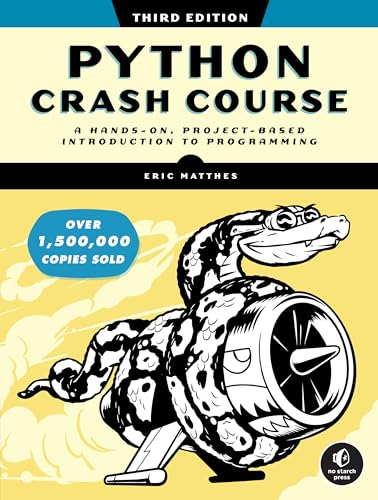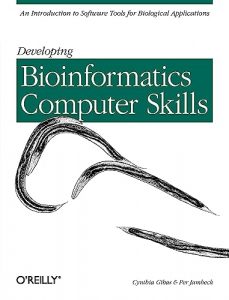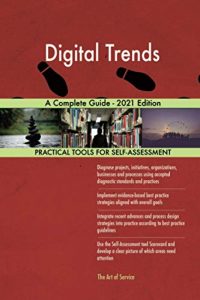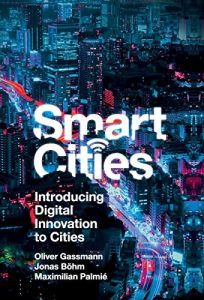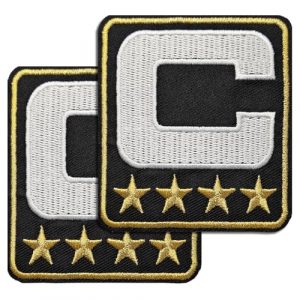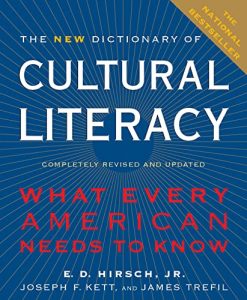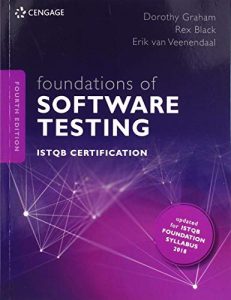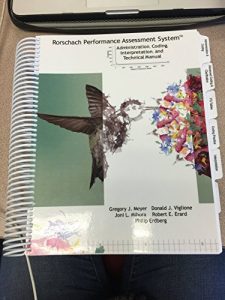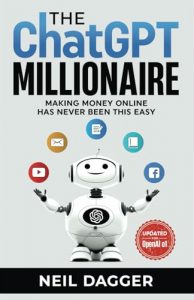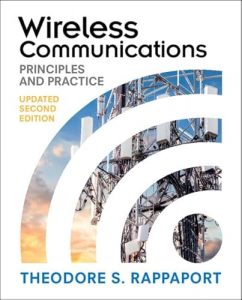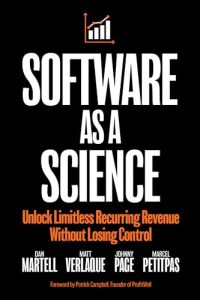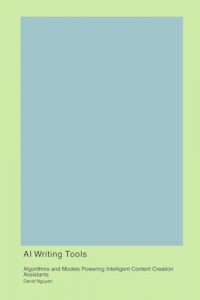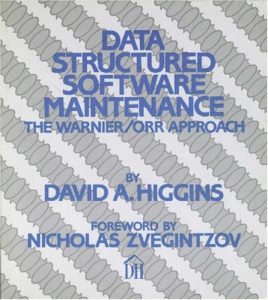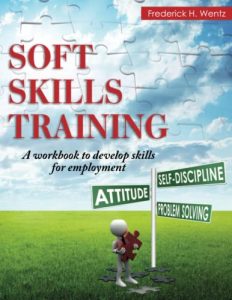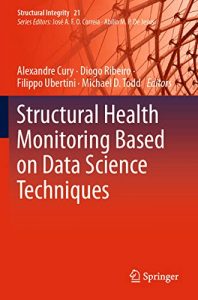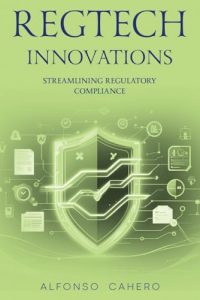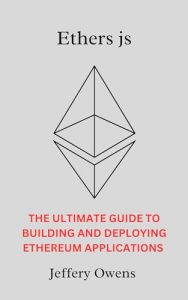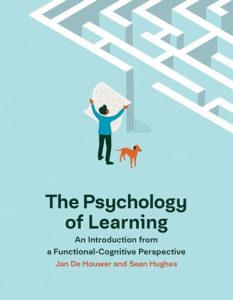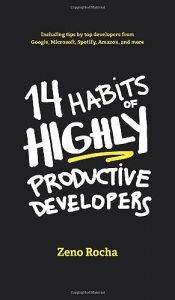1. Python Crash Course, 3rd Edition
Written by Eric Matthes, this book is a hands-on introduction to programming in Python. It’s perfect for beginners looking to jump into the programming world with practical projects that make learning engaging and effective. What sets this book apart is its focus on projects; readers will work on real-world applications such as creating web apps and making games. With its clear explanations and structured approach, it eliminates the intimidation often felt while approaching programming for the first time. This book is an excellent foundation for anyone who wants to start coding.
2. The Architecture of Open Source Applications
This compilation features contributions from a variety of esteemed authors such as Robert Chansler and Russell Bryant. It dives deep into how key software projects have been designed and built, offering insights into the architectural decisions behind successful open source applications. For those looking to understand software design principles in real-world applications, this book is invaluable. It provides a behind-the-scenes look at popular open source projects that can inspire developers in their own projects.
3. The Cathedral & the Bazaar
Written by the acclaimed Eric S. Raymond, this thought-provoking book contrasts two differing methodologies in software development. It illustrates the dichotomy between the structured development environment of a cathedral and the collaborative chaos of a bazaar. This book presents insights into open source development that can benefit all developers, regardless of their affiliation with open source. Raymond’s unique perspective is not only informative but also compelling, making it essential for anyone interested in software engineering.
4. Linux for Small Business Owners
This guide, co-authored by David Both and Cyndi Bulka, is specifically designed for small business owners looking to implement open source software. It carefully outlines how to utilize Linux to save costs and improve operational efficiency. Because many small businesses are hesitant to dive into computing, this book presents solutions that are tailored for novices. It’s not just a technical guide but also offers motivation for those looking to embrace the power of open source
5. Program Management for Open Source Projects
Ben Cotton’s book is a definitive guide on managing open source projects. It covers the frameworks needed to successfully guide community-driven initiatives, making it a must-read for project managers and aspiring community leaders. This book stands out for its practical advice and relatable anecdotes, which can help mitigate common pitfalls in managing open source projects. It equips readers with the tools necessary for effective leadership and collaboration in the open source community.
6. Remote Sensing and GIS for Ecologists
Authored by Martin Wegmann and colleagues, this book serves as a critical resource on utilizing open source technology for ecological research. The fusion of remote sensing and GIS in their methodologies provides ecologists with powerful tools needed to analyze data effectively. This book is noteworthy because it not only teaches readers about software applications but also emphasizes their real world ecological applications. Its practical approach makes it essential for researchers in environmental studies.
7. A Modern Ebook Formatting Simplified Guide
This guide simplifies the process of creating eBooks for users of all ages. With a focus on open source software, this book empowers users to format their eBooks using Markdown and convert them to ePub. The step-by-step instructions make it approachable for beginners and provide advanced tips for seasoned users as well. This book meets the current demand for self-publishing and eBook creation, making it an essential read in today’s digital age.
8. The Tech Contracts Handbook
This comprehensive guide by David W. Tollen is essential for anyone negotiating IT contracts. It discusses cloud computing agreements and software licenses, providing invaluable tips for both lawyers and business owners. What makes this book indispensable is its blend of legal and practical perspectives, allowing readers to navigate the often complex world of tech agreements with ease. This book is a perfect resource for understanding the intricacies of the industry and empowering informed decision-making.
9. Quantitative Analysis with JASP open-source software
Dr. Christopher P. Halter’s guide focuses on quantitative analysis techniques using JASP, making it accessible for both beginners and seasoned researchers. This open-source software simplifies complex statistical methods, allowing readers to focus on data analysis rather than software intricacies. The book highlights key foundational methods and encourages readers to embrace modern approaches to research. It’s an important tool for students and professionals alike, enriching their analytical skills.
10. The Architecture of Open Source Applications, Volume II
This follow-up volume, co-written by Greg Wilson and Amy Brown, continues to explore the topics of software architecture and design with an even deeper look into the systems developed in the open-source community. It provides insightful commentary on how to scale projects successfully and avoid common pitfalls. This book is an essential resource for developers who aim to expand their knowledge and skills in architectural design.

